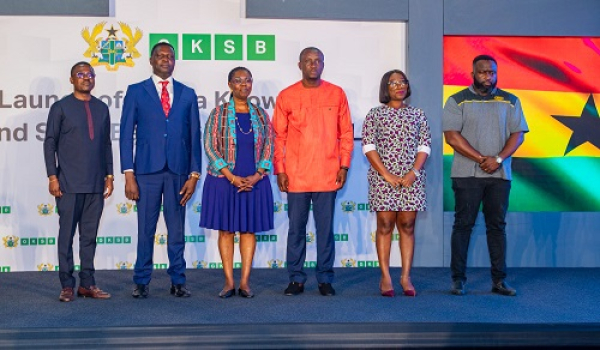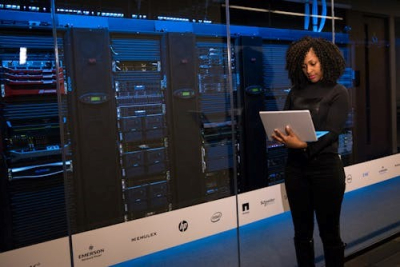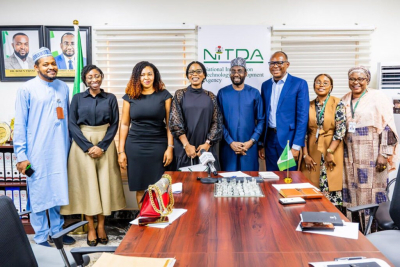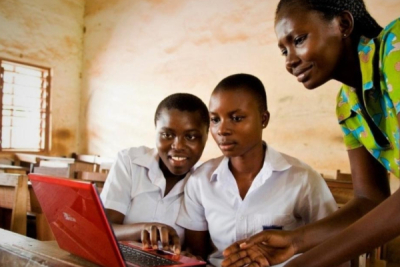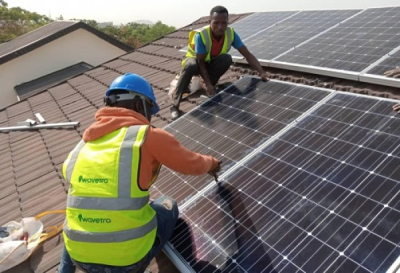Integrating digital tools into education contributes to long-term economic development. It ensures that the youth - who make up a significant portion of the African population - are well-equipped for the demands of the 21st-century economy.
The government of Ghana launched on September 17 the Ghana Knowledge and Skills Bank portal, a platform providing free access to educational materials and tutoring services. The GKSB aims to improve learning for students from basic to tertiary levels, as part of Ghana’s digitalization efforts to ensure equitable access to quality education.
Minister for Communications and Digitalisation, Ursula Owusu-Ekuful, hailed the GKSB as a milestone in Ghana’s digital transformation, saying “This portal contains valuable information in line with the approved curriculum for Ghanaian students. It also grants access to over 5 millions online library archives, learning resources and tools.”
As part of the $200 million World Bank-backed Ghana Digital Acceleration Project, the GKSB seeks to expand digital infrastructure and educational access nationwide, aligning with the UN Sustainable Development Goals (SDGs) for inclusive education.
Developed by Npontu Technologies, the GKSB is designed to work offline, allowing students in remote areas to download materials without needing constant internet access. It will include educational materials from reputable sources like Cambridge University Press, Cengage Learning, and others. With this launch, Ghana becomes the 2nd African country after Egypt, to implement a national digital education system, reinforcing its leadership in digital innovation across the continent.
As of 2024, about 30.2% of Ghanaians (approximately 10.39 million people) remained offline, with rural communities being the most affected by this digital divide, according to DataReportal. Without consistent internet access, many rural students may struggle to engage with online learning opportunities, limiting their benefits from digital education initiatives. This underscores the urgency of expanding digital infrastructure in these areas, as part of projects like the GKSB, which aims to bridge the digital divide and enhance access to educational and economic opportunities across the country.
This initiative is expected to play a critical role in elevating educational standards in Ghana, aligning with international digital learning platforms, and contributing to the nation’s growing tech innovation capacity.
Hikmatu Bilali


